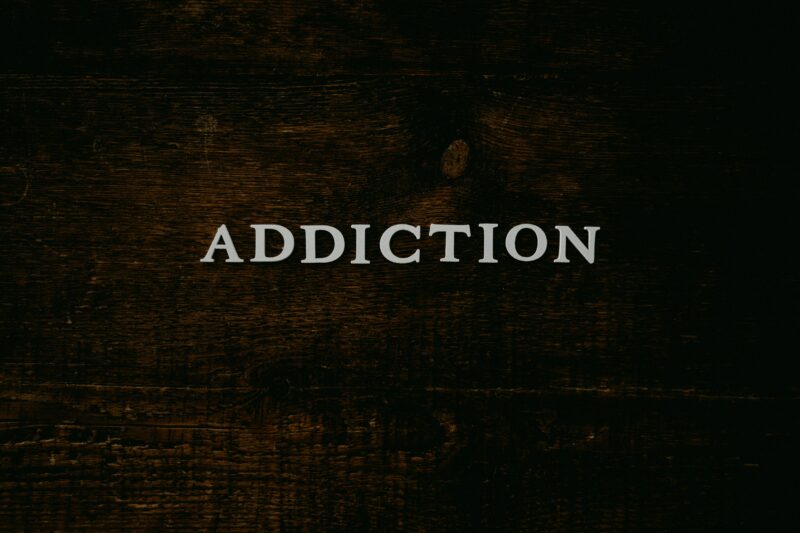National Drug and Alcohol Facts Week takes place March 18–24th in 2024. It’s a time to share information, dispel common myths, and continue the important nationwide conversation about addiction. While this is an important conversation to have any time of year, this designated period of observance encourages opportunities for scientists, researchers, healthcare providers, educators, community partners, and other key figures to bring attention to drug and alcohol abuse, specifically among young people.
In the spirit of the week, here are common myths about addiction debunked.
Myth 1: Overcoming Addiction Is a Matter of Willpower
Drug and alcohol abuse alters how the brain works. When a person becomes addicted to drugs or alcohol, their brain loses the power of self-control and good decision-making. These skills are replaced with a strong and ongoing impulse to continue their substance abuse. In fact, these impulses are so strong that the drug or alcohol becomes much like food, water, or anything else an individual needs to survive.
Therefore, it is not a sign of weakness that a person remains addicted; rather, it is a sign that their brain has been altered by their disease.
Myth 2: Addiction Can Only Affect the Addict
Addiction is a terrible disease in that it affects not only the individual but also the people closest to them. This is why groups like Al-Anon and Nar-Anon exist so that family members and friends can seek solace and support for themselves, even if their loved ones are not seeking treatment yet for themselves.
Myth 3: Relapse Equals Failure
Relapse is often a part of many people’s recovery journeys and should in no way be seen as a sign of failure. In fact, the Journal of the American Medical Association reports that 40-60% of individuals in treatment will relapse within one year.
Forming any new, healthy habit is difficult even if you are not someone suffering from addiction. But the mental, physical, and emotional dependence on the drugs all make it much harder for a recovering addict. While relapsing is certainly a stumbling point in recovery, it can be overcome with proper support.
Myth 4: The Addict Must Hit Rock Bottom Before Seeking Treatment
This is a very dangerous myth, especially since not everyone’s rock bottom will look the same. It is always better for an addict to get help as early on as possible. The sooner they seek help, the more personal strength and resources they will have to help them on the road to recovery.
Myth 5: Treatment Is Too Expensive
While addiction treatment can indeed be costly, many insurance plans include it as part of their coverage, including the Affordable Health Care Act. Additionally, there are low-cost options with flexible financing available, as well as free groups like Alcoholics Anonymous and Narcotics Anonymous that offer additional support
Remember, every addiction recovery center is different, so it’s worth talking to a trained counselor to understand your financing options.
Myth 6: Treatment Is a One-Size-Fits-All Proposition
Every person is unique, and so is their addiction. Successful treatment requires a personalized approach that takes the person’s needs and unique circumstances into account. While therapy sessions are a component of many treatment programs, topics and coping mechanisms covered in those sessions will be unique to the needs of the individual in recovery.
It’s never too late for an addict to get help. There is also no universal timeline for recovery. The first steps on the road to recovery are certainly difficult ones, which is why it’s important to seek support.
No one is alone in the journey to recovery. Discover how Beachside Rehab in West Palm Beach, Florida can offer the support you need. Call 866-349-1770 today to speak with a trained admissions counselor.

